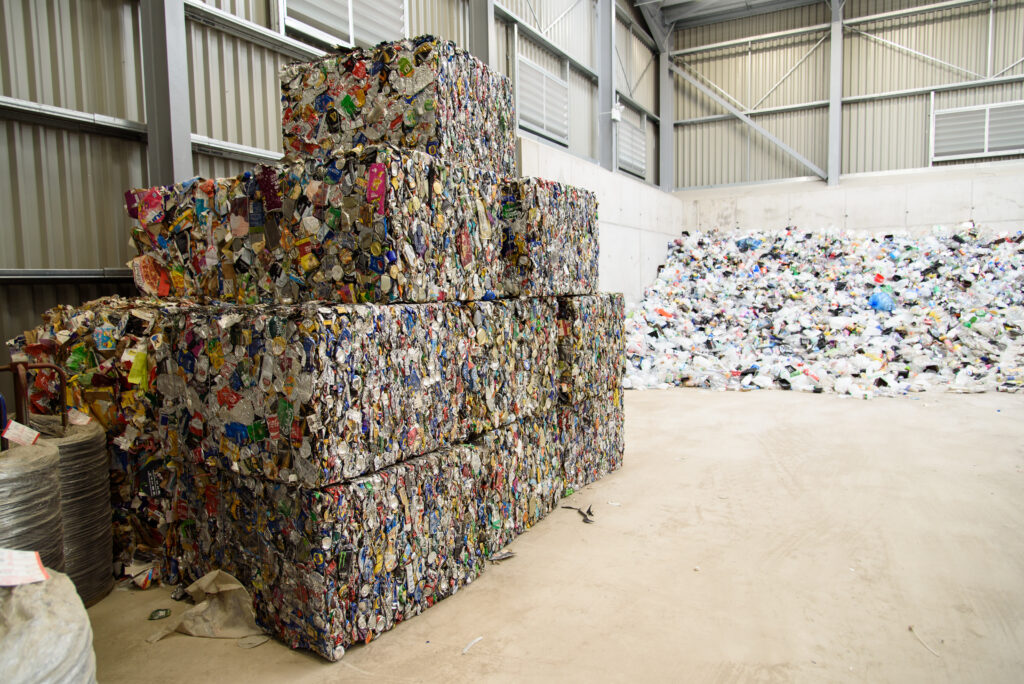I think the fact that the TIFU lent on Manchester was a massive wake-up call for banks, they didn't like the Treasury lending alongside them
John Gibbs, PricewaterhouseCoopers
Speaking at an Associate Parliamentary Sustainable Resource Group event in London, Mike Mousdale, a partner at legal firm Eversheds, said that, with waste PFI funding set to run out soon, councils were beginning to examine alternative methods of getting major projects off the ground.
Defra's current PFI pot of £2 billion will, unless it is increased in the next comprehensive spending review, be allocated by the end of 2010/11.
And, as a result, Mr Mousdale claimed that “we're seeing a change in local authorities' appetite to do deals”, adding “if there is a shortage of PFI they are looking at other ways to put infrastructure together”.
In particular, he raised the possibility of councils providing loans to finalise major waste infrastructure contracts – as was the case with the Greater Manchester waste PFI signed in April 2009, where the Greater Manchester Waste Disposal Authority acted as a lender alongside commercial banks and the European Investment Bank.
“The degree to which authorities will become lenders in the future is something we'll look to,” Mr Mousdale said. He also noted that when councils did get involved they would look to refinance the loan ” sooner rather than later” to “pass risk back onto the private sector”.
Listing other finance available to projects, such as lending from the Treasury Infrastructure Finance Unit (TIFU) and raising public finance by prudential borrowing, he also noted that waste projects still faced difficulties when raising finance from the commercial bank market.
“Waste projects are still in high risk territory,” he explained. “They tend to be high risk environmental projects and the market fears changes in legislation.”
Commercial banks
Commercial banks' attitude to waste projects was also addressed at the same event by John Gibbs, a partner for accountancy firm PricewaterhouseCoopers, who claimed that, the current situation was “not all bad news”.
In particular, he said that, with the signing of the Greater Manchester deal, there had been some market stabilisation, as “certain banks are now lending long term again and the cost of lending has stabilised”.
He added: “I think the fact that the TIFU lent on Manchester was a massive wake-up call for banks, they didn't like the Treasury lending alongside them.”
Describing the current PFI market as “flat”, Mr Gibbs stressed that it hadn't got any worse, with slightly better terms available on some aspects of obtaining finance from banks than had been the case earlier this year.
However, he noted that the issue of banks' “entrenched risk aversion” to some projects remained, highlighting that mass burn incineration was the most bankable technology for contracts, and, while banks would look at lending to deals involving other technologies, “they will not really like them very much”.








Subscribe for free